In honour of Honor Wyatt
I've just read Graham Bennett's comprehensive Soft Machine biography Out-Bloody-Rageous (SAF, 2005). Well, I read up to the point where Robert Wyatt left, and then skimmed the rest. It's a real labour-of-love, very nicely written, and has inspired me to dig out my hissy bootlegs of the mindblowing Wyatt-Ayers-Ratledge trio playing in Amsterdam '67 and Davenport, Iowa '68 (just about all that exists from that period, sadly...another reason to get on with the time-travel technology research) as well as repeatedly listening to the first three albums.
One of the most striking things that comes across is what extraordinary parents Robert Wyatt had. There are wonderful descriptions of life at Wellington House, Lydden (between Canterbury and Dover) in the late 50's and early 60's. Everyone seems to agree on how good the scene was there (after that, there's no a lot of agreement going on in the narrative), especially once Daevid Allen turned up with a supply of marijuana and a couple of hundred jazz LPs and "turned everyone in Canterbury on to them" (Mike Ratledge) The entire mid-'69 line-up (Wyatt-Hopper-Ratledge-Hopper), all Simon Langton pupils, had made their first clumsy efforts to play jazz there at the end of the 50's (clarinets, pianos, pots-and-pans...)
"If you wanted to pick ideal parents, you'd pick Robert's parents. They were fully supportive of everything Robert did. There was great love in the family, great warmth, support for what we did, interaction. It was really a very open situation and very intellectually stimulating. We had a great friendship and a great time. That was a wonderful experience, living in that house." (American jazz drummer George Neidorf, who paid his rent to Honor and George by teaching Robert the rudiments of jazz drumming)
"There was always a welcome for me there. They were very weird compared to everyone else and well into jazz. But it wasn't just jazz - things were happening, people were talking, people had some education and read books. And they looked at painting and they listened to music, none of which I did. I thought, 'This is fascinating, these are really interesing people'." (Kevin Ayers)

Daevid Allen outside Wellington House (Wyatt-Ellidge family home), Lydden c. 1961

sign on Wellington House gate "This Gate, Like, Shutsville, Ba-aby, for Really!" (presumably painted by Daevid)

Robert, his father George, mother Honor and half-sister Prue, outside Wellington House
After Robert's father died and Honor moved to West Dulwich, she opened her small house to the entire band and their girlfriends (that would include Gilli Smyth, also Robert and Pam's baby son Sam), as well as allowing it to be used as a rehearsal space:
"I listened to what they had to say on their instruments and I thought, 'Well, I don't know, I don't get it at all.' But of course, hearing this day after day, because they'd rehearse and rehearse and rehearse - and fortunately I'm not a very nervy person - so that althought to me it was quite frankly a noise to start with, nevertheless it was a noise with a purpose. They knew what they were doing."
Here's some footage from a 1967 documentary I just found, portraying life in West Dulwich (as well as a bit from a gig at the Speakeasy) Pretty grainy, but worth a look. That's Sam Wyatt playing hi-hat! (and Michelle Heyer, Kevin's girlfriend, later to be Robert's half-brother's wife, running to turn off the kettle). Mrs. W sensibly stays out of the picture:
Some other things I learned:
One of the most striking things that comes across is what extraordinary parents Robert Wyatt had. There are wonderful descriptions of life at Wellington House, Lydden (between Canterbury and Dover) in the late 50's and early 60's. Everyone seems to agree on how good the scene was there (after that, there's no a lot of agreement going on in the narrative), especially once Daevid Allen turned up with a supply of marijuana and a couple of hundred jazz LPs and "turned everyone in Canterbury on to them" (Mike Ratledge) The entire mid-'69 line-up (Wyatt-Hopper-Ratledge-Hopper), all Simon Langton pupils, had made their first clumsy efforts to play jazz there at the end of the 50's (clarinets, pianos, pots-and-pans...)
"If you wanted to pick ideal parents, you'd pick Robert's parents. They were fully supportive of everything Robert did. There was great love in the family, great warmth, support for what we did, interaction. It was really a very open situation and very intellectually stimulating. We had a great friendship and a great time. That was a wonderful experience, living in that house." (American jazz drummer George Neidorf, who paid his rent to Honor and George by teaching Robert the rudiments of jazz drumming)
"There was always a welcome for me there. They were very weird compared to everyone else and well into jazz. But it wasn't just jazz - things were happening, people were talking, people had some education and read books. And they looked at painting and they listened to music, none of which I did. I thought, 'This is fascinating, these are really interesing people'." (Kevin Ayers)

Daevid Allen outside Wellington House (Wyatt-Ellidge family home), Lydden c. 1961

sign on Wellington House gate "This Gate, Like, Shutsville, Ba-aby, for Really!" (presumably painted by Daevid)

Robert, his father George, mother Honor and half-sister Prue, outside Wellington House
After Robert's father died and Honor moved to West Dulwich, she opened her small house to the entire band and their girlfriends (that would include Gilli Smyth, also Robert and Pam's baby son Sam), as well as allowing it to be used as a rehearsal space:
"I listened to what they had to say on their instruments and I thought, 'Well, I don't know, I don't get it at all.' But of course, hearing this day after day, because they'd rehearse and rehearse and rehearse - and fortunately I'm not a very nervy person - so that althought to me it was quite frankly a noise to start with, nevertheless it was a noise with a purpose. They knew what they were doing."
Here's some footage from a 1967 documentary I just found, portraying life in West Dulwich (as well as a bit from a gig at the Speakeasy) Pretty grainy, but worth a look. That's Sam Wyatt playing hi-hat! (and Michelle Heyer, Kevin's girlfriend, later to be Robert's half-brother's wife, running to turn off the kettle). Mrs. W sensibly stays out of the picture:
Some other things I learned:
- The Wilde Flowers (which included, at various times, Ayers, Wyatt, the Hopper brothers and most of what became Caravan) main rehearsal space was a house called Tanglewood, on Giles Lane, Canterbury near what's become the UKC campus. Before that, Mike Ratledge used to cycle over as a schoolboy to play chamber music with Brian Hopper (Brian himself was experimenting with tape loops and listening to whatever jazz and avant-garde sounds he could pick up on a shortwave). Later, Robert Wyatt lived there for a while on returning from Robert Graves place in Majorca. I've walked past that house hundreds, if not thousands of times. It ought to have a plaque on it. As well as Honor Wyatt, fans of the Canterbury sound should give retrospective thanks to Leslie and Billie Hopper for allowing all this to go on. Robert has said "I'd like to thank Mr. and Mrs. Hopper for letting us experiment with noise in the modest space between their front door and the rest of the house, especially as I had not yet come to terms with such bourgeois concepts as keepng time and singing in tune...They never said anything about the music, so that tells you how nice they were."
- Mike Ratledge and Brian Hopper were choirboys, got to sing in Canterbury Cathedral (Mike soloing on "Oh for the Wings of a Dove")
- Daevid Allen's original inspiration was seeing a truckload of Irish buskers playing in the streets of Melbourne as a seven-year-old (around 1945)
- In 1962, returning to Paris, Daevid moved into a room in a beat hotel in Paris, just vacated by Allen Ginsberg and Peter Orlovsky, with Brion Gysin in the room next door. As well as getting to know William Burroughs (that's quite well known - he was later asked permission to use the name "Soft Machine", as it was borrowed from the title of one of his books), he experimented with tape loops with Terry Riley. Hugh Hopper's interest in tape loops began when he visited Daevid in Paris a couple of years later, met Riley and tried LSD for the first time.
- The Daevid Allen Trio (Daevid, Robert, Hugh) shared a stage with Burroughs at the ICA in London, in 1963, with a primitive lightshow (well, some slide projections). Robert later worked as a dishwasher there.
- Kevin, Robert and Hugh got thrown out of the Three Compasses pub in Canterbury for having long hair in 1964.
- Mike Ratledge went on a trip to New York after graduating from Oxford University, spent some time with William Burroughs there.
- A wealthy American, Wes Brunson (from Tulsa, Oklahoma), turned up in Dejá, Majorca on Easter Sunday '66, met Daevid and Kevin, dropped acid, had a revelation that God had instructed him to usher in a New Age. Kevin suggested funding a New Age music group, which, even after the trip, he decided was his cosmic mission. He bought the initial gear that the first Soft Machine line up used (apart from Ratledge's Vox Continental organ, which was bought with funds raised by Kevin selling a mink coat he'd been given).
- A Californian guitarist who'd played with David Lindley, called Larry Nowlin, was part of the original line up (the band was called "Mister Head" initially), but after a few gigs, everyone agreed it would be better if he left.
- The first gig (August '66) was indirectly organised by the Sufi scholar Idries Shah. It was part of his "Midsummer Revels", celebrating the opening of the Institute for Comparative Study of History, Philosophy and the Sciences in West London. They played a 45 minute set in a large drawing room and were warmly received.

on stage at the 14 Hour Technicolor Dream, 1967 (photo by Mark Ellidge)
- Robert and Kevin sang backing vocals on a take of the Jimi Hendrix Experience's "Stone Free" (not the take that got used, though).
- American singer an novelist Marsha Hunt, later to become mother of one of Mick Jagger's kids, rehearsed with the band for a week at the end of '66. It didn't work out, but she ended up marrying Ratledge, largely to avoid immigration problems (they remained friends for years).

on stage at the UFO Club, 1967 (photo by Mark Ellidge)
- One gig in Saint-Tropez in the summer of '67 consisted solely of a 40 (or possibly even 60) minute version of "We Did it Again" (just that line sung over and over). The French arty crowd loved it. A shorter version of the same thing had almost got them killed in Cheltenham a few months earlier!
- Daevid reckons he was barred from re-entry to the UK after the French trip because he was on an Interpol list of suspected drug traffickers (he was a friend of John Esam, who's LSD possession trial was the first high-profile one in the UK).
- They played twice at the 1967 Edinburgh festival - once with the experimental Argentinian ballet dancer Graziella Martinez performing "Lullaby for Catatonics", and once playing incidental music for a performance of Jarry's Ubu Unchained.
- In Paris, they were awarded the Orde de la Grande Gidouille by the College of 'Pataphysics.
- San Francisco promoter Bill Graham removed them from the bill of two of his Winterland concerts in '68 after Wyatt called him a "fascist" (unaware that his family had fled Nazi Germany). Oops.
- Andy Summers, later to be the guitarist in The Police, was part of the band for a couple of months in summer '68, played a few gigs in the US (even he got invited to live at Mrs. Wyatt's house in West Dulwich). Kevin wasn't into this and so he left. Somehow it was a bit disappointing to discover this (I'm really not into The Police at all), but to be fair, he did do an interesting album with Robert Fripp in '82.
- Before their appearance at the 1970 Proms, Robert stepped outside the back of the Albert Hall for a cigarette. The doorman didn't want to let him back in. When he explained that he was about to play in there, the reply was something like "Come off it son, they only have proper music in there!" ("Not that night they didn't!" sez Bob).
- That odd little track at the end of the first album, "Box 25/4 Lid" features Hugh playing bass (something he'd made up in a hotel room with Ratledge during his stint as Softs roadie). A lot of the compositions on that album were at least partly written by one of the Hopper brothers.
- Apparently, you can hear Robert reciting the chorus to Kevin's "Singing a Song in the Morning" at the end of "Moon in June" on Third. I can't, despite repeated attempts - can you? And can anyone work out what Kev's mumbling at 3:15 in "Why Are We Sleeping?"?
















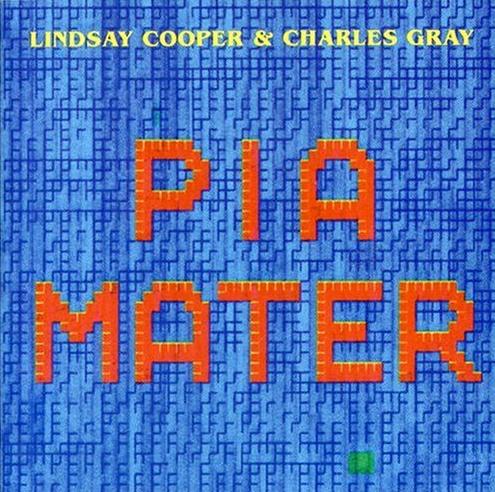
































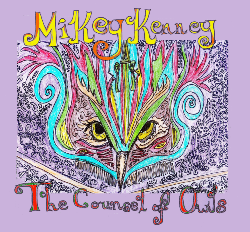



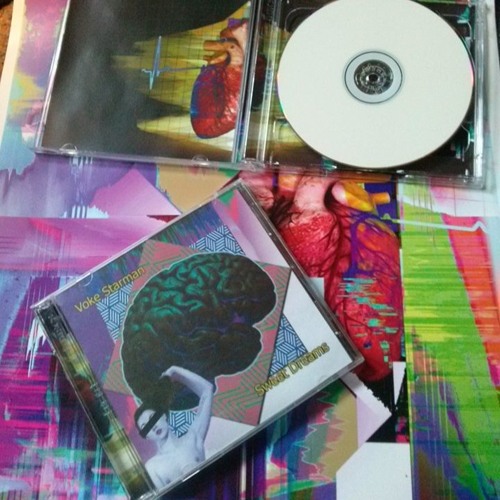



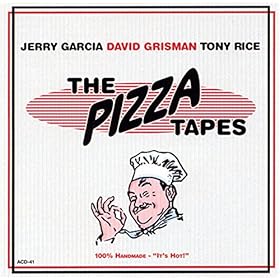

























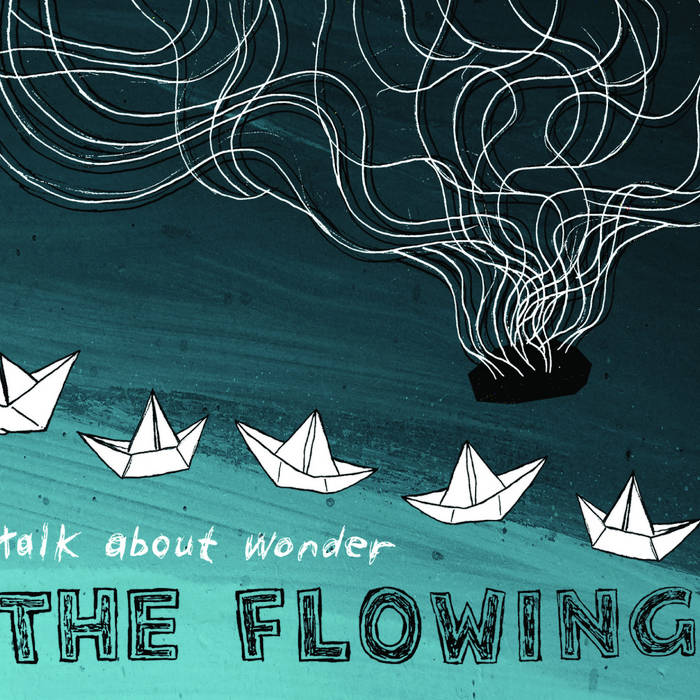












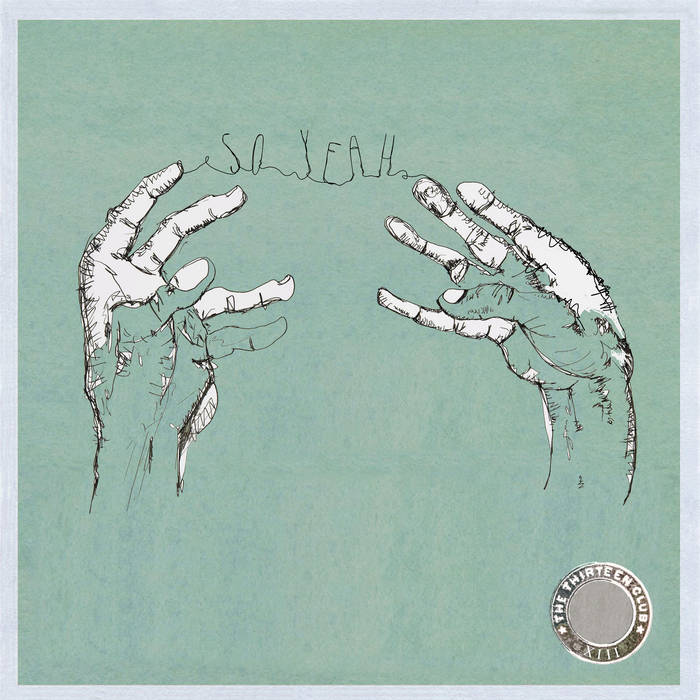







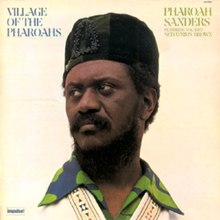







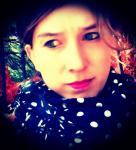



































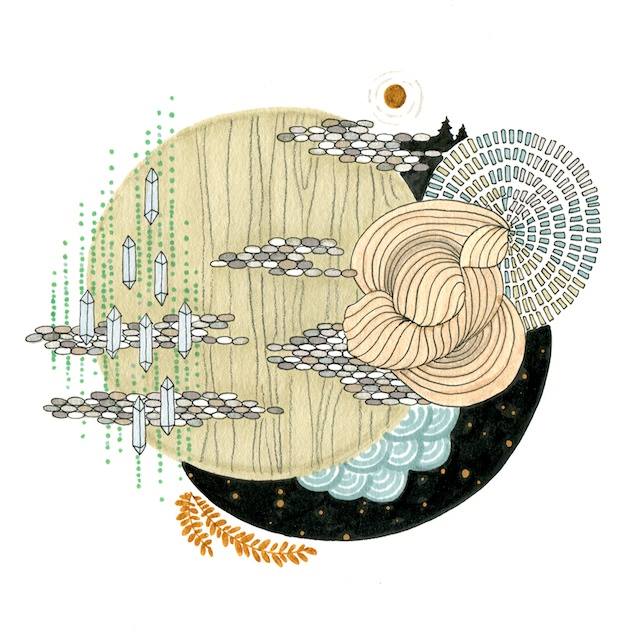





































































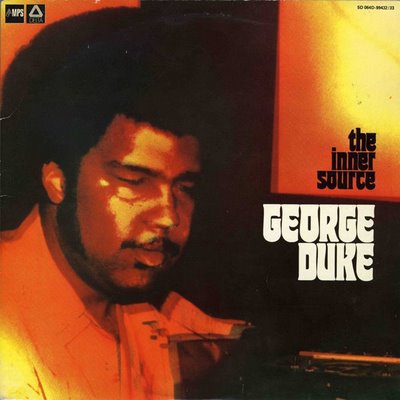












































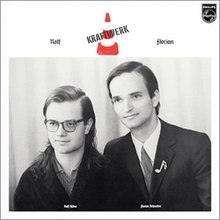


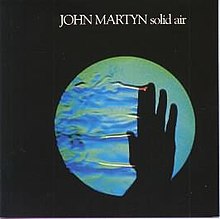




































































































































































































































































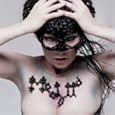














































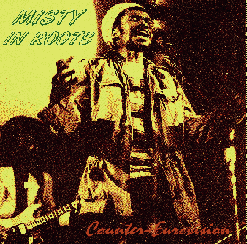





















































































































































































































































































































5 Comments:
Nice post...I enjoyed the text and the images greatly.
Excellent stuff - Thanks for this interesting post. I clicked on the Amazon link for out-bloody-rageous and at £233 I think your post is all the information I need. Cheers!
You've got your facts right and the same thing happened to me. After Robert left I lost interest. I skimmed the rest of the book. I've met Daevid a number of times and Kevin.
Wellington house should be required reading, like "Lord of the Flies," "Grapes of Wrath," "Of Mice and Men," etc.
But then you wouldn't have the chance to feel you're delving into something esoteric. Everyone knows who the Beatles are. Only a few people remember John Peel and Top Gear.
my guess at lyrics 3:15
trumpeters bells i feel are a bit too small
?
There was no such thing as the 14 Hour Techniclour Dream, but there was a 14 Hour Technicolor Dream.
Post a Comment
<< Home